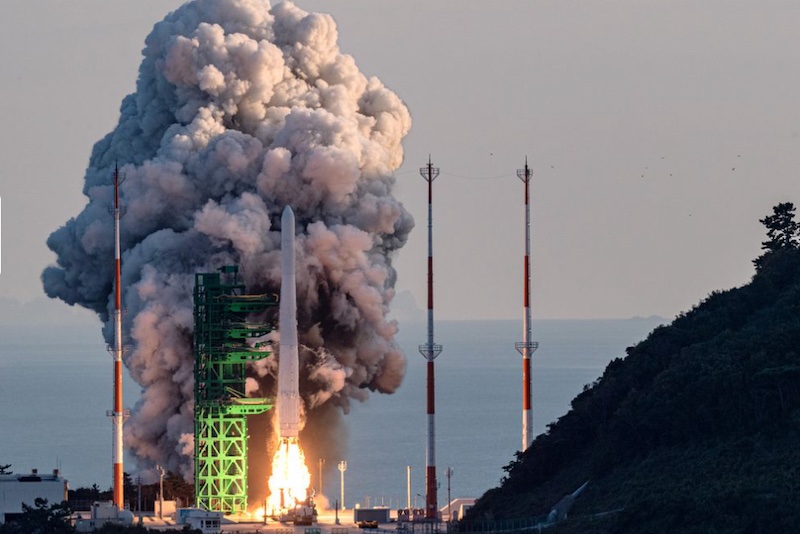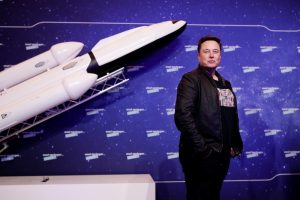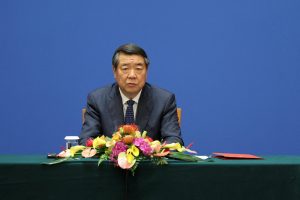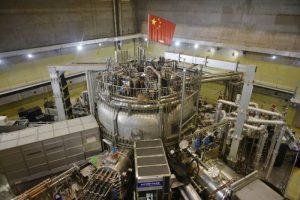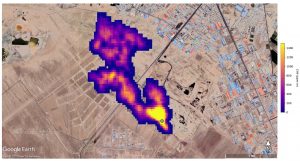South Korea’s military said it had successfully test-fired a solid-fuel space rocket for the first time on Wednesday, a step it says will help eventually launch a constellation of satellites to better monitor threats such as North Korea.
The launch is the first such test since South Korea and the US agreed last year to end decades of restrictions on Seoul’s ballistic missile and rocket development, and comes less than a week after North Korea conducted its highest missile test yet.
“The success of the test launch … is an important milestone in strengthening the defence power of our military’s independent space-based surveillance and reconnaissance field at a very critical time,” the Ministry of National Defense said.
The defence minister observed the launch of the rocket, which was developed with “pure Korean technology”, the statement said.
In October, South Korea conducted the first test launch of the Nuri liquid-fuelled rocket, its first domestically built space launch vehicle.
Nuri blasted off but failed to fully place a dummy satellite into orbit, delivering mixed results for a test launch that represented a major leap for the country’s ambitious space plans.
In contrast to the Nuri’s liquid-fuel design, a solid-fuel rocket such as the one tested on Wednesday would be simpler, less expensive to develop and manufacture, and faster to launch, the defence ministry said.
Wednesday’s test verified the large solid-fuel engine, fairing separation, stage separation, and upper-stage attitude control technology, which are essential technologies for space launch vehicles, the statement added.
The ministry said it plans to eventually use the rocket to put a small satellite or a number of ultra-small satellites into low-Earth orbit in the future, and to later transfer some technology to the private sector to help revitalise the domestic space industry.
- Reuters, with additional editing by George Russell
READ MORE:
China Scientists Build Rocket Engine Driven by Explosions – SCMP
Wuhan To Become China’s ‘Valley of Satellites’ in Space Push
UK Satellite Firm Sued Over Kazakhstan Deal – Telegraph




